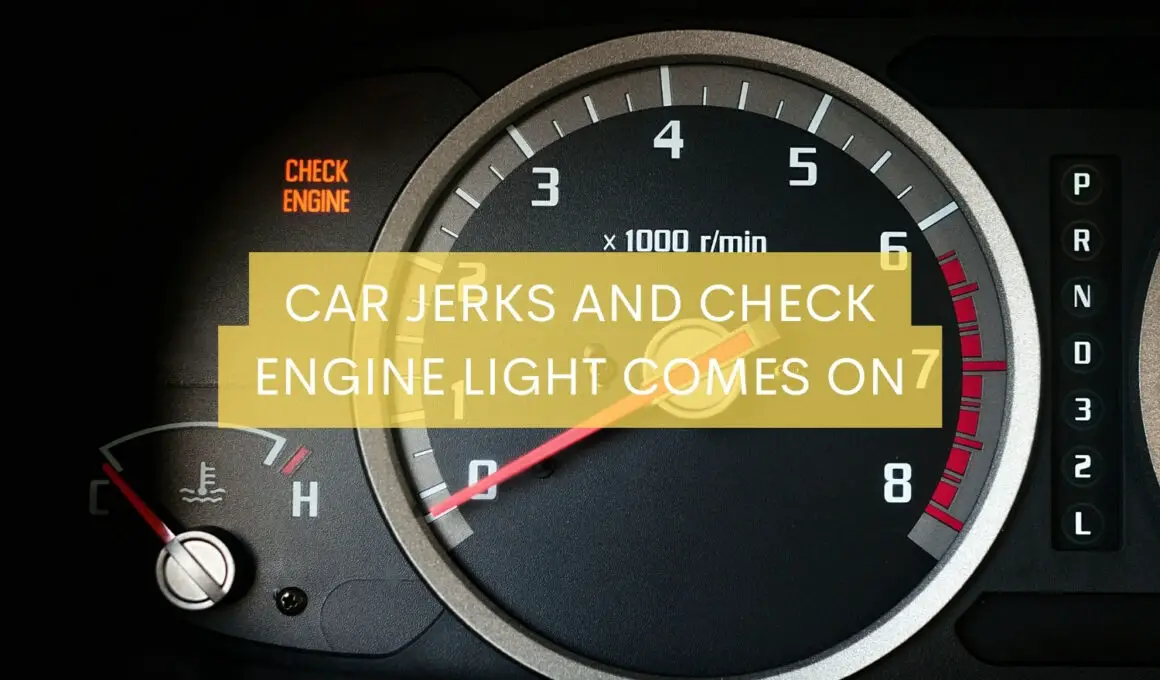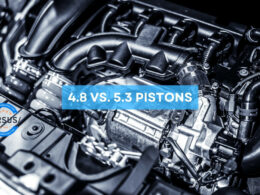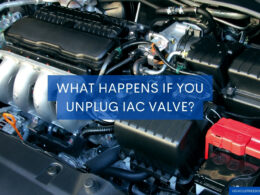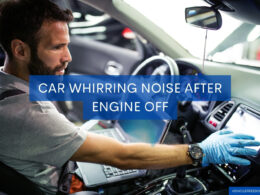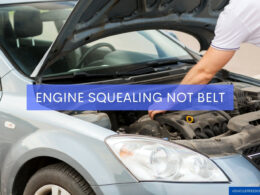In This Article Show
In my career, I’ve encountered many instances where a vehicle has exhibited jerking motions, followed by the ominous glow of the check engine light.
If you’re currently facing this issue, it’s crucial to understand that this combination isn’t a sign to be ignored. These symptoms indicate that your vehicle may have an underlying problem that needs immediate attention.
The check engine light, often misunderstood and sometimes dreaded, is integral to your vehicle’s onboard diagnostics system. It’s designed to alert you when the car’s performance is off. The situation calls for an immediate investigation when paired with a sudden jerking motion.
In this comprehensive guide, I will share my expertise to help you understand what your car is trying to tell you. We will delve into the possible causes of why your car jerks and why the check engine light comes on, the diagnostic process, potential fixes, and how to prevent this issue in the future.
Understanding Your Car’s Check Engine Light and Jerking Motion
Your vehicle is a complex machine made up of interconnected systems, each performing their tasks to keep you moving. We’ll focus on two elements in this chapter: the check engine light and the act of jerking motion.
The check engine light, also known as the Malfunction Indicator Lamp (MIL), is part of your vehicle’s onboard diagnostics system. When it lights up, it’s signaling that the computerized system within your car has detected an issue that could affect your vehicle’s emissions, performance, or even safety.
This light can either blink or remain steady, with the former usually indicating a more severe issue.
On the other hand, a jerking motion can be described as an abrupt shake or stop-and-start movement while driving or idling. It’s an uncomfortable feeling, akin to the car momentarily losing power and then suddenly regaining it. This jerking motion can happen for various reasons, including engine, transmission, or fuel system issues.
Together, a car that jerks and triggers the check engine light signals that something within your vehicle’s operations isn’t running smoothly.
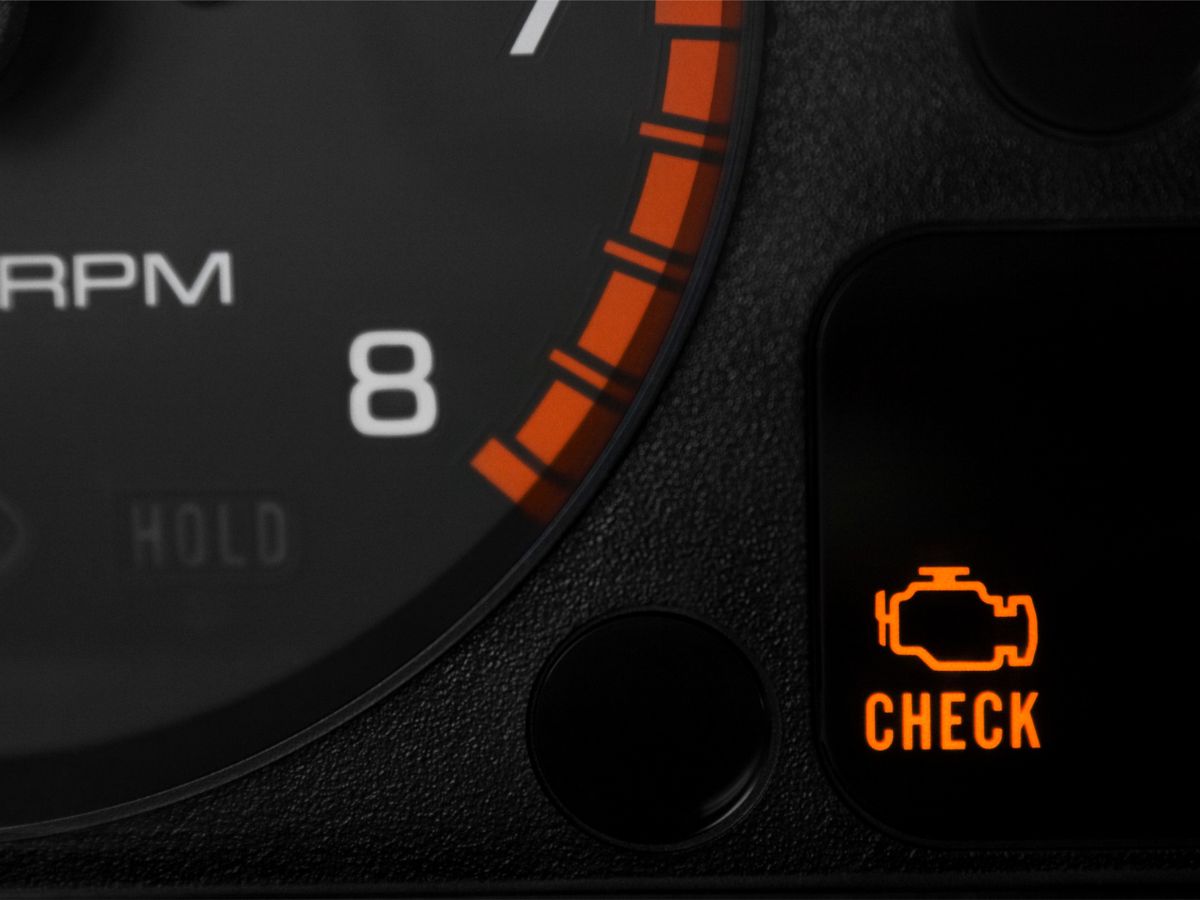
Common Reasons Why Your Car Jerks and the Check Engine Light Comes On
When your car jerks and the check engine light comes on, it’s an immediate call for your attention. Several issues could be causing this behavior. Here are some of the most common ones:
Problems with the Fuel System
A clogged fuel injector or problems with the fuel filter or fuel pump can cause the car to jerk. These issues may prevent the engine from receiving the necessary fuel, disrupting its normal function.
Issues with Ignition System
A failing spark plug or ignition coil can lead to the engine misfiring, causing the car to jerk. The check engine light will typically come on when there’s a misfire.
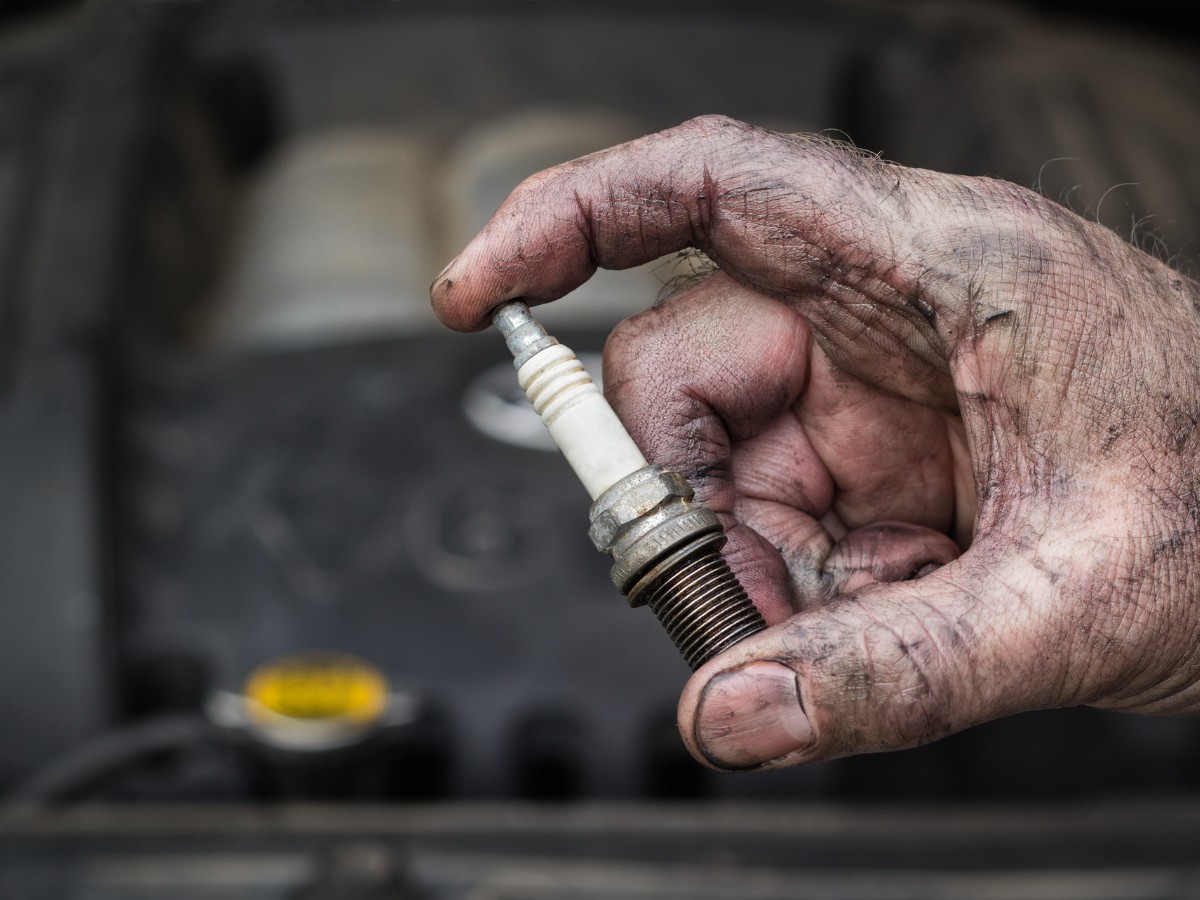
Malfunctioning Mass Airflow Sensor
This sensor measures the amount of air entering the engine and determines how much fuel the engine should receive. If it’s malfunctioning, it can send incorrect information to the engine, leading to a jerking motion.
Transmission Issues
Problems with the vehicle’s transmission system can also cause the car to jerk, especially when changing gears. A malfunctioning transmission could trigger the check engine light.
Catalytic Converter Failure
The catalytic converter reduces the harmful gases your car produces. When it fails, the engine can heat up, causing your car to jerk and the check engine light to illuminate.
Remember, these are just potential causes. The exact issue can be accurately identified through proper diagnosis, which we will discuss soon. It’s crucial not to ignore these signs, as doing so could lead to more serious problems down the road.
Diagnosing Why Your Car Jerks and the Check Engine Light Comes On
When your car jerks and the check engine light is illuminated, your first priority should be to find out what’s causing the issue. Here are steps you can follow to diagnose the problem:
Use an OBD-II Scanner
The easiest and quickest way to diagnose the cause of the check engine light is by using an Onboard Diagnostics II (OBD-II) scanner. This tool can read the fault codes stored by your car’s computer, which are triggered when there’s an issue with the vehicle.
Simply connect the scanner to your car’s OBD-II port, usually located under the dashboard, and follow the scanner’s instructions.
Identify the Pattern of Jerking
Pay close attention to when and how the jerking occurs. Is it happening when you speed up, slow down, or change gears? This could help narrow down the potential causes. For instance, jerking when accelerating could signal a problem with the fuel system, while jerking during gear shifts might point to a transmission issue.
Check the Dashboard Lights
Are there any other warning lights on your dashboard besides the check engine light? For example, if the oil pressure light is on, it could suggest an engine lubrication problem, which could cause the car to jerk.
Inspect Vehicle Fluids
Check your car’s fluids, including the engine oil, transmission fluid, and coolant. Low or dirty fluids can affect your car’s performance and could be the reason behind the jerking.
Listen for Unusual Sounds
Any strange noises—like grinding, knocking, or squealing—could provide additional clues about what’s wrong with your vehicle.
Remember, while diagnosing the issue can give you a better understanding of what’s going wrong, a professional mechanic should handle some car problems. If you’re ever in doubt, it’s best to seek professional help to avoid causing further damage to your vehicle.
How to Fix the Issue When Your Car Jerks and the Check Engine Light Comes On
Once you’ve diagnosed why your car is jerking and the check engine light is on, you can move on to fixing the issue. Below are common solutions corresponding to the problems we discussed earlier:
Fuel System Problems
If a clogged fuel injector is causing your car to jerk, using a fuel injector cleaner can often resolve the issue. If the problem lies in the fuel pump or fuel filter, you may need to replace them.
Ignition System Issues
Spark plugs and ignition coils are relatively easy and affordable to replace. If a misfire is causing your car to jerk, replacing the faulty spark plug or ignition coil should solve the issue.
Faulty Mass Airflow Sensor
You can try cleaning the mass airflow sensor using a specialized cleaner. If the problem persists, the sensor may need to be replaced.
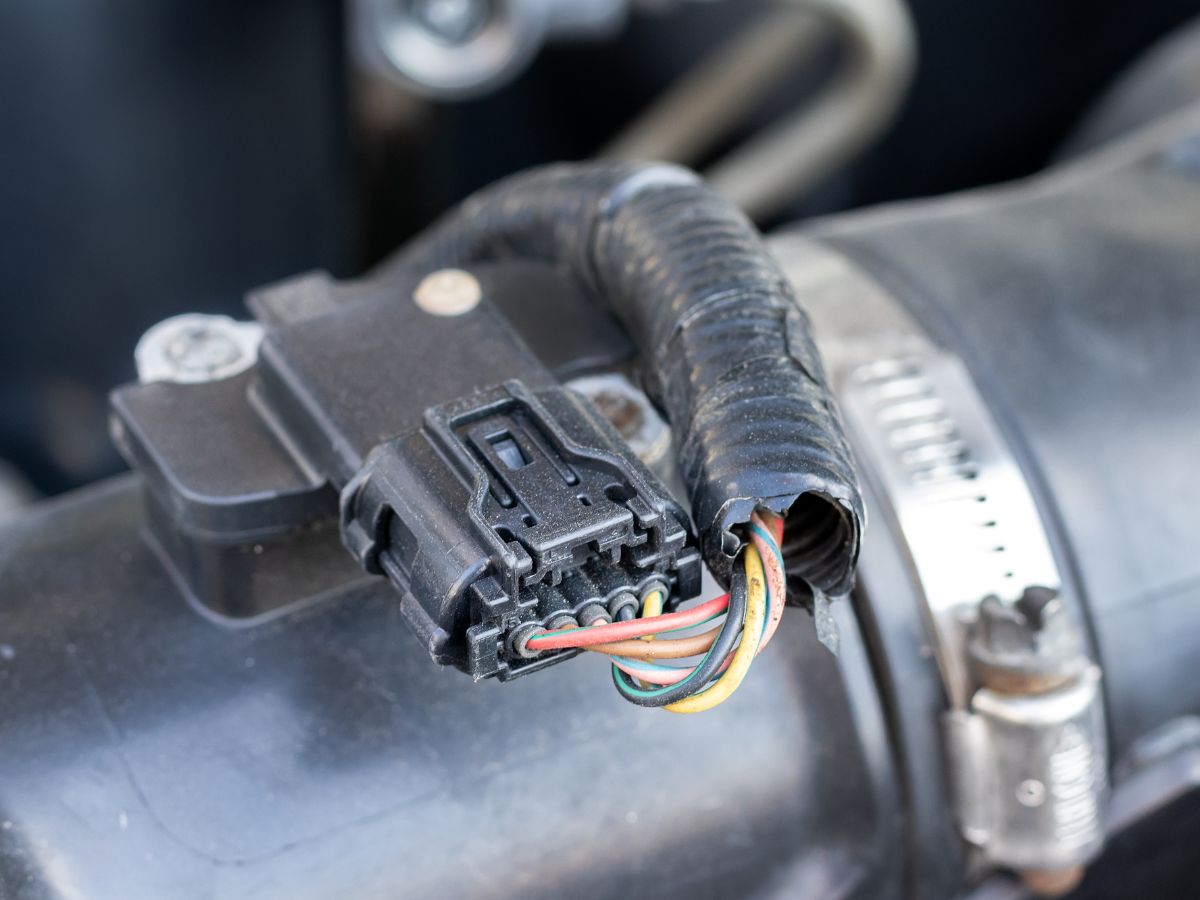
Transmission Issues
Problems with the transmission can be more complex. In some cases, a transmission fluid change can resolve the issue. For more severe problems, you may need a professional mechanic to repair or replace the transmission.
Catalytic Converter Failure
Unfortunately, if the catalytic converter is the problem, it usually needs to be replaced, which can be quite costly. Make sure to go to a trusted professional for this job.
Remember, these are general fixes. The correct solution will depend on the specific cause of the problem in your vehicle. It’s crucial to address the issue immediately to prevent further damage. If you’re unsure about performing these repairs, it’s always best to consult a professional.
Preventive Measures to Avoid Car Jerks and Check Engine Light Triggers
The old adage “an ounce of prevention is worth a pound of cure” is particularly true when it comes to vehicle maintenance. To help avoid your car jerking and the check engine light coming on, consider these preventive measures:
Regular Vehicle Maintenance
Stay on top of your vehicle’s maintenance schedule as outlined in your owner’s manual. Regular oil changes, fluid checks, tire rotations, and brake inspections can help catch potential problems before they turn into expensive repairs.
Fuel System Maintenance
Use quality fuel and consider adding a fuel system cleaner to your tank periodically to keep your injectors clean.
Monitor Your Dashboard
Pay close attention to your dashboard lights. Even if the car seems to be running fine, any illuminated warning lights should be investigated.
Drive Responsibly
Aggressive driving can put unnecessary stress on your car and can lead to mechanical problems. Drive smoothly and avoid sudden starts and stops.
Inspect Your Car Regularly
Take the time to perform a quick inspection of your car regularly. Look for any signs of leaks, listen for unusual noises, and pay attention to changes in your car’s performance.
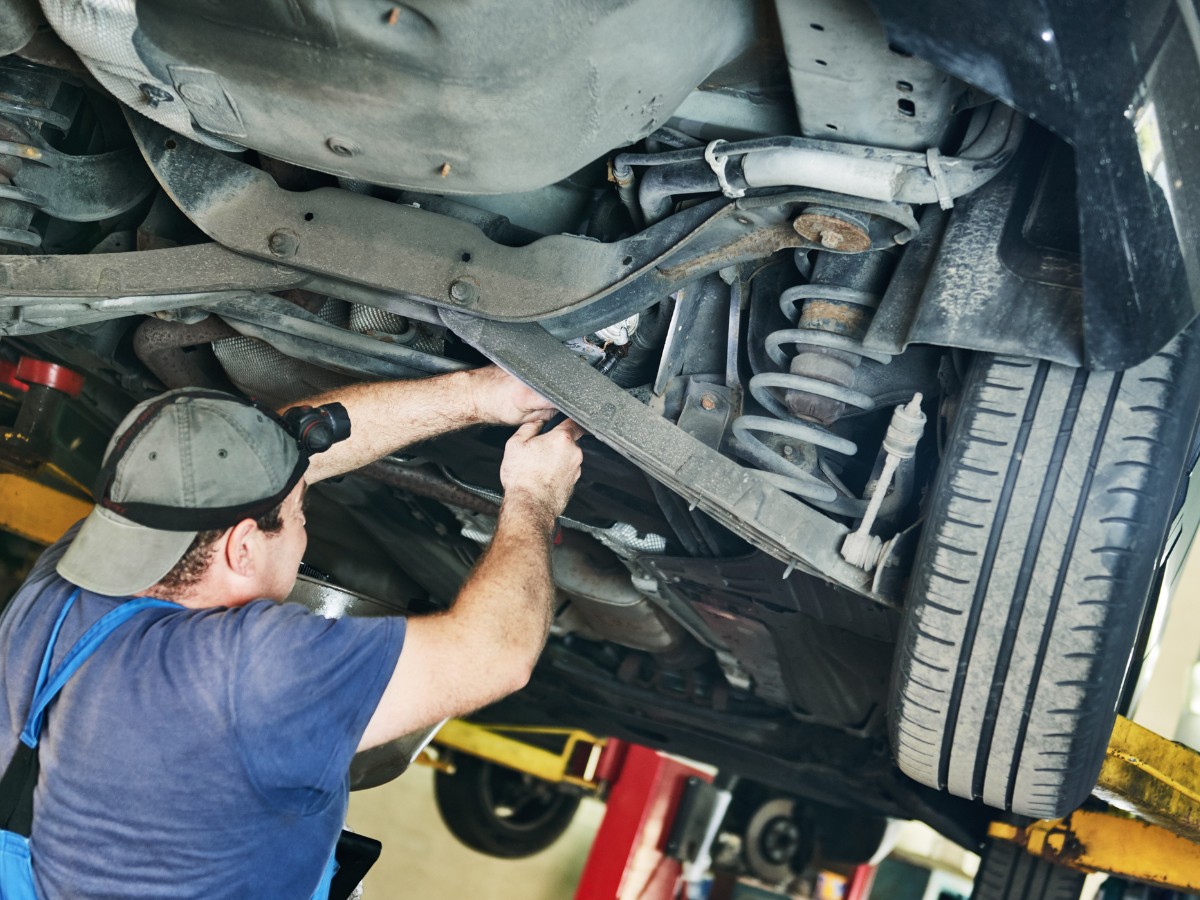
Replace Spark Plugs and Ignition Coils as Needed
These components wear out over time and should be replaced according to the timeline suggested by the vehicle manufacturer.
Maintain Your Transmission
Regularly check the transmission fluid level and change it according to your vehicle manufacturer’s recommended schedule. If your car is manual, practice good clutch habits to avoid extra stress on your transmission.
Following these preventive measures can help ensure your vehicle remains in top shape and avoid a jerking motion or a check engine light. However, if these issues do occur, being proactive about addressing them will help prevent further damage.
Wrapping it up
In this post, we’ve discussed the issue of a car jerking while the check engine light comes on. We’ve covered what could cause this problem, how to diagnose it, and ways to fix it. We’ve also shared preventive measures to help avoid this issue in the future.
Remember, while there’s a lot you can do on your own, don’t hesitate to seek professional help when necessary. Regular maintenance and responsible driving are your best bets to keep your vehicle running smoothly and prevent major issues.
By understanding these aspects, you’re well-equipped to take on any jerking or check engine light issues that may arise, keeping your car reliable and safe on the road.






